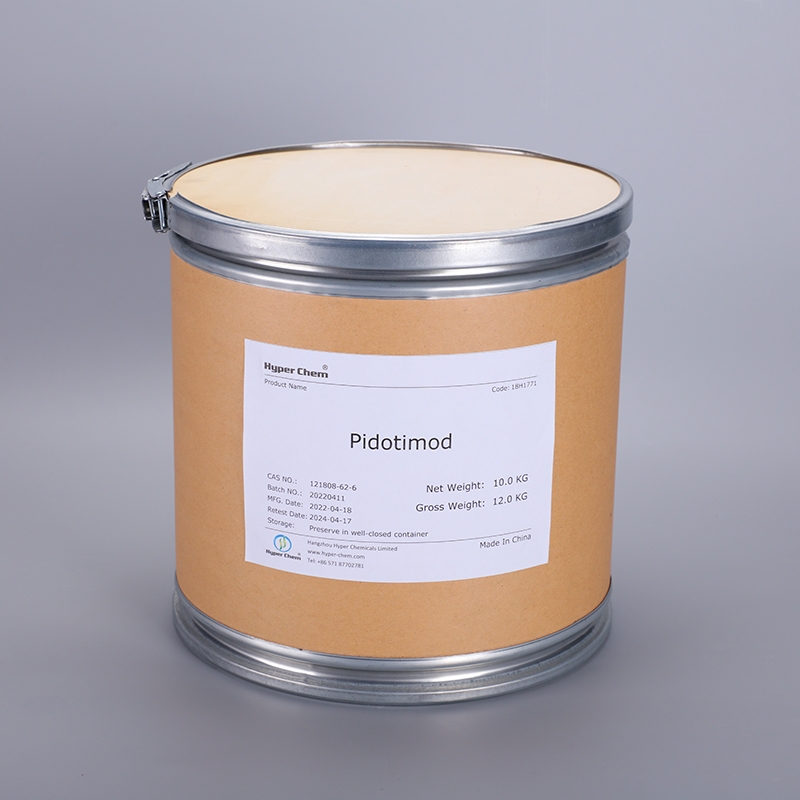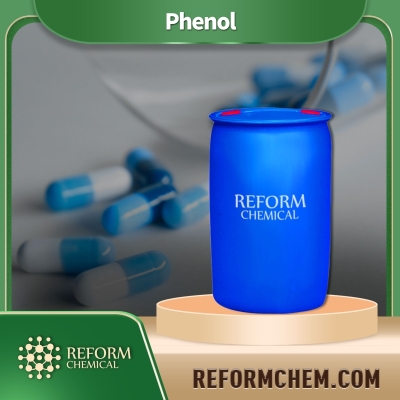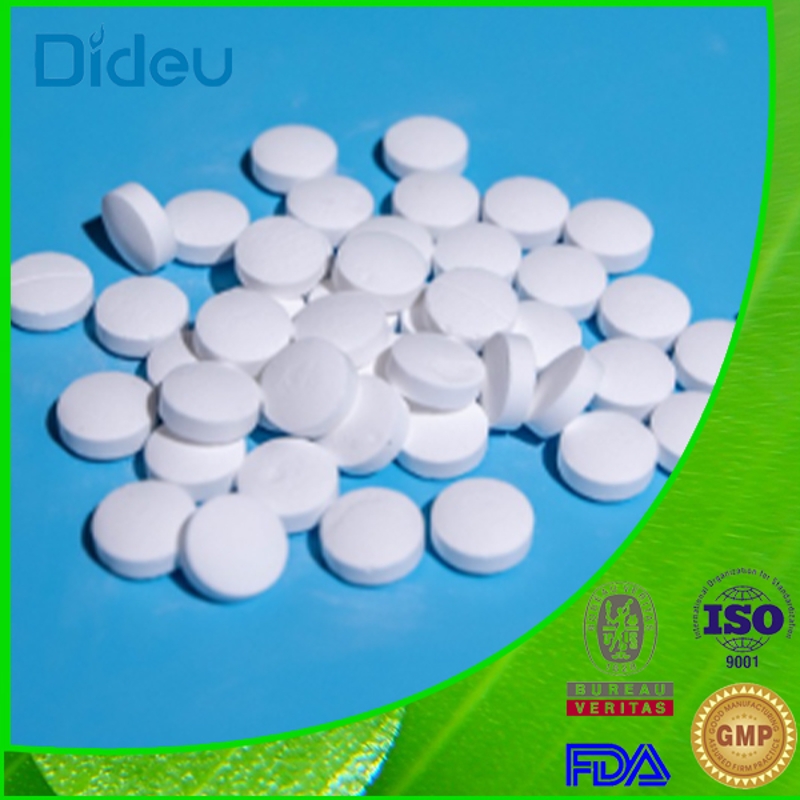-
Categories
-
Pharmaceutical Intermediates
-
Active Pharmaceutical Ingredients
-
Food Additives
- Industrial Coatings
- Agrochemicals
- Dyes and Pigments
- Surfactant
- Flavors and Fragrances
- Chemical Reagents
- Catalyst and Auxiliary
- Natural Products
- Inorganic Chemistry
-
Organic Chemistry
-
Biochemical Engineering
- Analytical Chemistry
-
Cosmetic Ingredient
- Water Treatment Chemical
-
Pharmaceutical Intermediates
Promotion
ECHEMI Mall
Wholesale
Weekly Price
Exhibition
News
-
Trade Service
3-(Piperidin-1-ylsulfonyl)phenylboronic acid, often referred to as PIPS-BOA, is a chemical compound that has gained significant attention in the chemical industry due to its unique properties and potential applications.
As with any chemical, it is important to understand the safety precautions that should be taken when handling and using PIPS-BOA.
PIPS-BOA is classified as a boronic acid derivative, and it is known to have antibacterial and antifungal properties.
It has been studied for its potential use as a disinfectant and sterilization agent, and it has shown promise as a treatment for bacterial infections.
However, it is important to note that PIPS-BOA is still in the research and development stage and has not yet been fully tested for safety and efficacy in humans.
One of the primary concerns with PIPS-BOA is its potential toxicity.
While it has been shown to have antimicrobial properties, it is also known to be toxic to certain types of cells, particularly in high concentrations.
Studies have shown that PIPS-BOA can cause damage to the liver, kidneys, and heart, as well as disrupt the normal functioning of the digestive system.
Another safety concern with PIPS-BOA is its potential to cause allergic reactions.
As with any chemical, individuals with sensitive skin or respiratory systems may experience irritation or other adverse effects when coming into contact with the substance.
Additionally, individuals with pre-existing medical conditions, such as asthma or heart disease, may be at a higher risk for adverse effects from PIPS-BOA exposure.
When handling PIPS-BOA, it is important to take appropriate safety precautions to minimize the risk of adverse effects.
This may include wearing protective gloves, eyewear, and respiratory equipment, as well as working in a well-ventilated area.
It is also important to avoid ingesting the chemical, as it can cause serious harm when ingested.
In addition to individual safety, it is also important to consider the potential environmental impact of PIPS-BOA.
While it is not a persistent organic pollutant (POP), it is possible that it could have adverse effects on aquatic life and the environment if it is not properly disposed of.
As such, it is important to follow all applicable regulations and guidelines when handling and disposing of PIPS-BOA.
In conclusion, PIPS-BOA is a promising chemical compound with potential applications in the medical and pharmaceutical industries.
However, it is important to understand the potential risks and safety concerns associated with its use.
By taking appropriate precautions and following all applicable regulations and guidelines, it is possible to work with PIPS-BOA safely and effectively.
It is important to remember that this is a research chemical and it's safety and efficacy has not been fully established, therefore further research is needed to fully understand the safety and efficacy of PIPS-BOA.







